Organ transplant benefits greater than risks, says expert
- Published
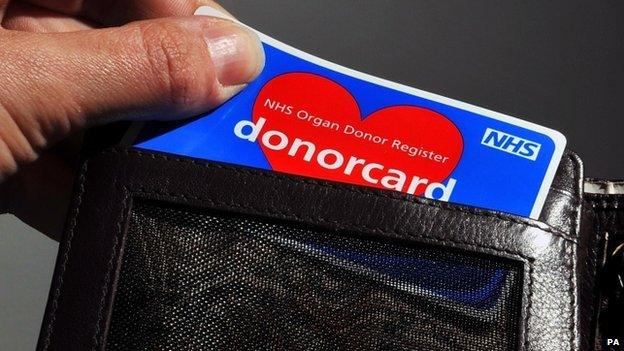
'There are people out there who need organs' said Adam Cairns from Cardiff and Vale health board
Patients must not be put off accepting donor organs following the deaths of two men who received kidneys infected with a parasitic worm, experts say.
Doctors stress the benefits of transplants outweigh the risks.
Robert "Jim" Stuart, 67, and Darren Hughes, 42, died in 2013 after receiving the kidneys. On Thursday a coroner ruled a Cardiff surgeon could not be criticised for accepting them.
Prof Anthony Warrens said the case was very sad and extremely unusual.
"We must use this as an opportunity too, to learn from it and to understand that it's extremely unusual and the benefits for patients of having a transplant are just so much - so much greater than the risks," said Prof Warrens, president of the British Transplantation Society.
"The most tragic figure is that three people in this country die every day because there isn't enough organs to transplant them.
"These are people who are dying needlessly. It is very, very tragic."
Both men died following the operations at Cardiff's University Hospital of Wales (UHW) where they were given kidneys later found to be infected with parasitic meningitis-causing worms.

Robert Stuart, 67, and Darren Hughes, 42, died after receiving kidney transplants
The inquest heard there have only been five known cases worldwide in humans - all of which had proved fatal.
Assistant coroner Christopher Woolley gave a narrative conclusion at the hearing on Thursday, ruling that both men died due to the unintended consequences of necessary medical intervention.
The families of both Mr Stewart, of Cardiff, and Mr Hughes, of Bridgend, have appointed a solicitor to investigate civil negligence claims and say both men would never have agreed to press ahead with the transplants if they had known the donor - an alcoholic - had died of meningitis.
But the surgical team at UHW told the inquest both men knew the donor's medical history.
Cardiff and Vale University Health Board said it has improved its process when seeking consent from patients and their families to undergo transplant by making the consenting process more continuous and improving documentation.
It commissioned a report, external to see if lessons could be learned following the men's deaths.
Health board chief executive Adam Cairns said it was important to stress that while the deaths were a tragedy they were due to "such a rare situation".
"I do think it is important to emphasise that because transplantation is important," he said.
"There are people out there who need organs and their lives can be lengthened and improved."
The NHS Blood and Transplant (NHSBT) service said an audit showed 52 donors with encephalitis or meningitis of an unknown cause across the UK had donated 159 organs in the 10 years to 31 March 2013 which were transplanted with no transmission of infection.
- Published4 December 2014
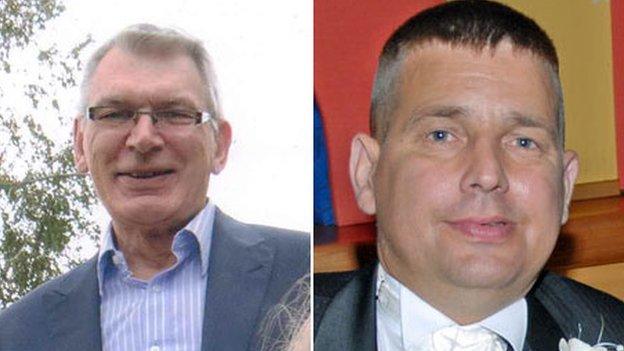
- Published4 December 2014
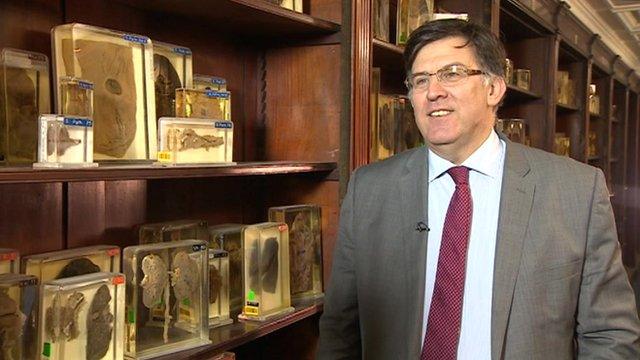
- Published4 December 2014

- Published3 December 2014

- Published19 November 2014
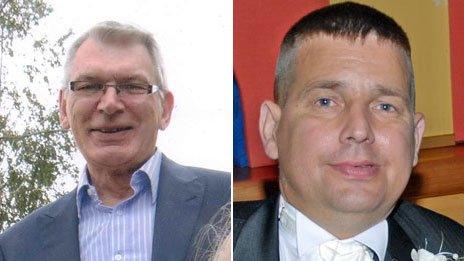
- Published18 November 2014

- Published14 November 2014
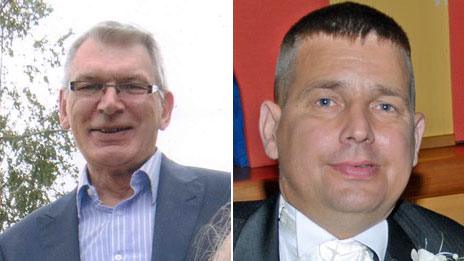
- Published24 November 2014
